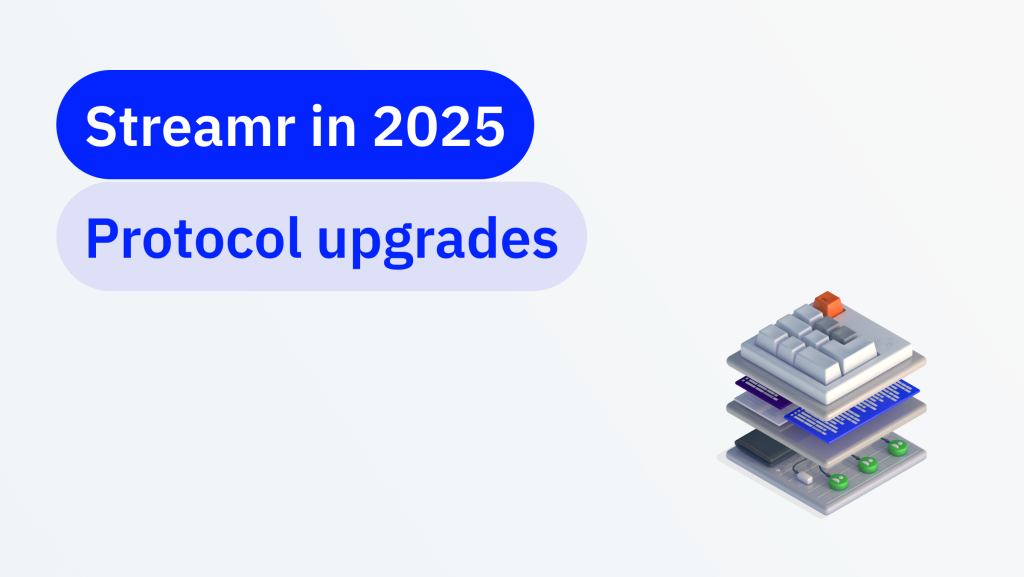Streamr Unveils Protocol Upgrades for Enhanced Security, Usability, and Scalability

In a recent update, Streamr has announced significant protocol upgrades aimed at enhancing security, usability, and scalability within its decentralized data streaming network. These upgrades are essential as the platform evolves from a middleware solution to a forefront technology that promises to revolutionize data streaming. The focus on security includes the introduction of quantum-resistant streaming, which is crucial for safeguarding data against potential future threats posed by quantum computing. This feature is particularly relevant for sensitive applications in government and military sectors, ensuring that data remains secure even as quantum capabilities advance.
To improve usability, Streamr is investing in native language bindings, flexible data validation, and a multichain architecture. The development of native SDKs has already achieved significant milestones, allowing for enhanced data publishing capabilities across various programming languages. Additionally, the support for arbitrary publisher identities and integration with diverse cryptographic systems will facilitate new partnerships and broaden the network’s applicability. The multichain architecture further enables projects to operate on their preferred blockchain while benefiting from Streamr’s decentralized data transport, thus promoting wider adoption.
Scalability remains a critical focus for Streamr, especially as the demand for real-time applications grows. Landmark benchmark tests have demonstrated the platform’s ability to maintain low latency and quick data retrieval, even in a decentralized environment with numerous nodes. With the results of these tests set to be published in early 2025, Streamr aims to solidify its position as a leader in decentralized data streaming. As the network approaches its first anniversary, the commitment to continuous research and development promises a bright future for secure, scalable, and decentralized data solutions in a multipolar world.
Related News





